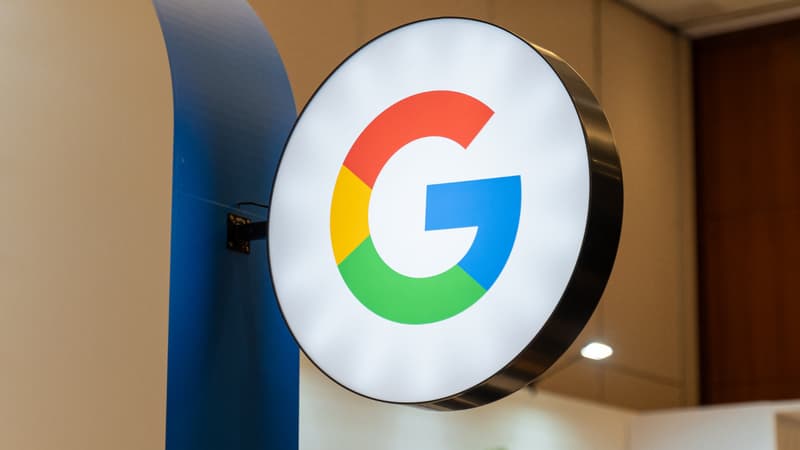It is a very lucrative business. Today, many Internet users use Google Discover (offered by default on Android devices) to discover new news. For websites that manage to reference articles there, this is a virtual guarantee of significant traffic.
An element that is currently causing an important phenomenon with the proliferation of sites whose articles are generated by artificial intelligence. They would even be 20% periodically suggested by the Discover algorithm, according to a study revealed by Next.
Using the GNewsalyzer traffic tracking tool, Next was able to observe that nearly 1,000 sites had been recommended more than ten times on Discover, and that 18% of them, out of a database of 7,250 news sites, are generated in whole or in part by AI.
Click farms with misleading content
The technique is always the same. These sites can generate thousands of articles per day in the hope that several of them will be “caught” by Google’s algorithm. Content “farms” that also use aggressive SEO techniques, generating comfortable advertising revenue.
On the Clic podcast, Clément Pesseaux, who specializes in publishing sites generated by AI, explained that a project of this type could generate several tens of thousands of euros a day depending on the number of visitors, which Discover will continue to increase.
The problem is not only that they appear on Discover: many of them also spread false information or truncated articles to make them more attractive to the Internet user. Questioned by Le Parisien, partner of this edifying study, investigative journalist Jean-Marc Manach believes that these fake news sites are managed by a small group of freelancers, one of whom, Julien Jiménez, manages to publish thousands of articles a day “without review or validation.”
In the examples cited by the newspaper, the site Decontair-67.fr, recommended in a single week at least 325 times by Discover, clearly shows the abuses that are being committed. We see articles with misleading or deliberately exaggerated titles, illustrated with images also generated by AI.
Google judge and side?
The failure, according to Jean-Marc Manach, lies in the way Discover works. Unlike Apple News (which is not available in France), where the sites are chosen by humans, thus guaranteeing a certain editorial quality, Google no longer seeks to offer a mix between relevance and quality: “it only analyzes the interactions of Internet users with the title, the photo and the website.”
For legitimate media, this study is an opportunity to curb Google addiction. In a March 2025 study by the General News Press Alliance, 70% of Google clicks came from Discover.
However, the study explains that Google seems to realize this after the fact. Therefore, some of the sites mentioned in the survey have disappeared from the recommendations. But others continue to proliferate to fool the company’s spam filters. It remains to be seen if the problem can be solved, since Google is involved at a very high level in this matter: greater interaction, even with poor quality sites, also means more revenue and more data collected for the American company.
Questioned by Le Parisien, Google defends itself and explains that it periodically cleans Discover feeds using an anti-spam system. But it also admits that it does not blacklist artificial intelligence sites, which, however, must comply with rules on prohibited or misleading content. A regulation that does not seem very effective.
Source: BFM TV


